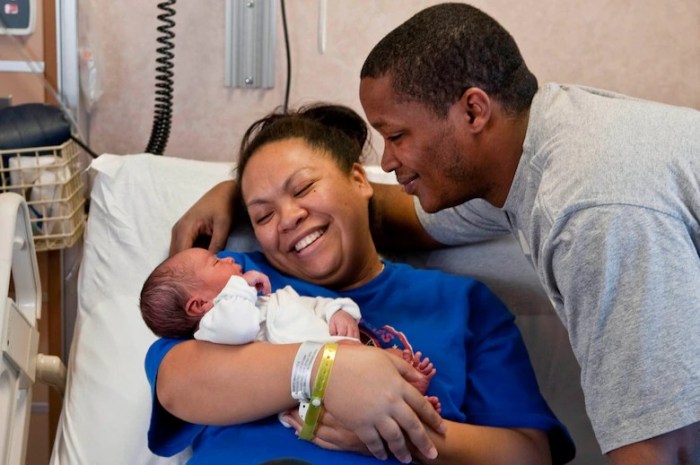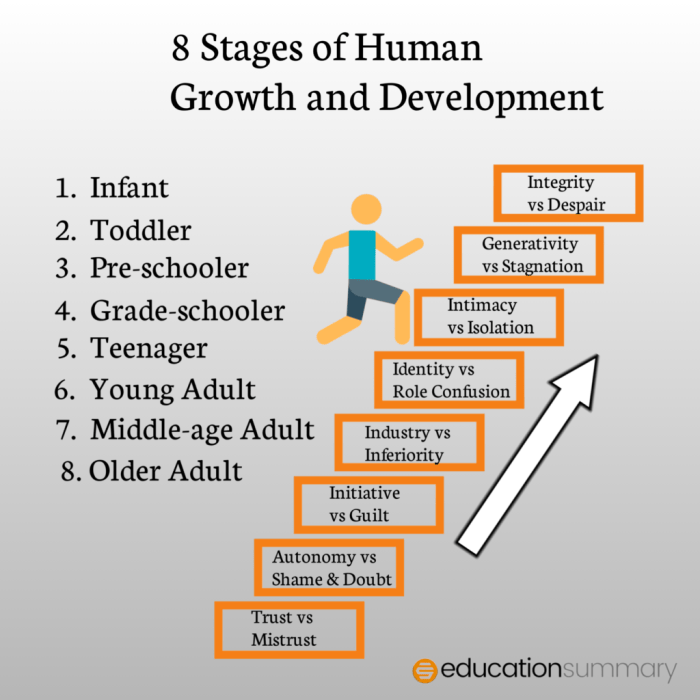Understanding the whole child prenatal development through adolescence is a complex and multifaceted endeavor that requires a holistic approach. This journey begins with the prenatal period, where the foundation for physical, cognitive, and emotional health is laid. As children progress through infancy, early childhood, middle childhood, and adolescence, they undergo significant transformations that shape their development.
This comprehensive guide will explore the key milestones, challenges, and opportunities that characterize each developmental stage. By fostering a deep understanding of the whole child, we can empower parents, educators, healthcare providers, and the community to provide the necessary support and guidance for healthy development throughout the lifespan.
Understanding the Whole Child: Prenatal Development through Adolescence
Understanding the developmental journey of children from conception to adulthood is crucial for promoting their well-being and optimizing their potential. This article explores the key stages of human development, highlighting the physical, cognitive, emotional, and social milestones that shape a child’s growth and development.
Prenatal Development
Prenatal development encompasses the period from conception to birth. It involves significant growth and transformation, influenced by maternal health and lifestyle factors. Key stages include:
- Germinal Stage (0-2 weeks):Formation of the zygote and implantation in the uterus.
- Embryonic Stage (3-8 weeks):Development of major organs and systems.
- Fetal Stage (9 weeks-birth):Rapid growth and maturation of organs and body systems.
Maternal nutrition, substance use, and environmental exposures can impact fetal development. Prenatal screening and diagnostic tests, such as ultrasound and amniocentesis, help identify potential complications or birth defects.
Infancy and Early Childhood (Birth to 5 Years)

This period witnesses rapid physical, cognitive, and emotional growth. Key milestones include:
- Physical:Head circumference growth, motor skill development, and improved coordination.
- Cognitive:Language acquisition, problem-solving abilities, and increased curiosity.
- Emotional:Development of attachment to caregivers and expression of emotions.
Attachment and relationships play a vital role in child development, shaping their emotional regulation and social competence. Early intervention and support are crucial for children with developmental delays.
Middle Childhood (6 to 11 Years): Understanding The Whole Child Prenatal Development Through Adolescence
This stage is characterized by continued physical, cognitive, and social changes:
- Physical:Slower growth rate, increased muscle mass, and improved fine motor skills.
- Cognitive:Development of logical thinking, reading, and writing skills.
- Social:Increased peer interactions, friendships, and development of self-concept.
Activities and experiences that promote physical activity, intellectual stimulation, and social engagement contribute to healthy development during this stage.
Adolescence (12 to 18 Years)

Adolescence marks a period of significant physical, emotional, and social transformations:
- Physical:Rapid growth, sexual maturation, and hormonal changes.
- Emotional:Increased emotional intensity, mood swings, and self-consciousness.
- Social:Development of peer relationships, exploration of independence, and formation of identity.
Adolescence presents challenges and opportunities. Parental support, guidance, and community involvement are crucial for promoting adolescent well-being and resilience.
Holistic Approach to Understanding the Whole Child

A holistic approach to understanding the whole child recognizes the interconnectedness of developmental domains. A comparative table summarizing developmental milestones and challenges across the prenatal, infancy, early childhood, middle childhood, and adolescent stages would provide a comprehensive overview.
Strategies for fostering healthy development throughout the lifespan include:
- Providing a safe and nurturing environment.
- Encouraging healthy nutrition and physical activity.
- Supporting cognitive and emotional development through play and learning experiences.
- Building strong relationships and connections.
- Collaborating between parents, educators, healthcare providers, and the community.
By understanding the developmental trajectory of children and implementing holistic approaches, we can support their growth, resilience, and overall well-being.
Question Bank
What are the key milestones of prenatal development?
Prenatal development is characterized by significant growth and differentiation, with key milestones including the formation of major organs, the development of the nervous system, and the establishment of fetal movement.
How does maternal health impact fetal development?
Maternal health plays a crucial role in fetal development, with factors such as nutrition, substance use, and stress levels influencing fetal growth, development, and overall well-being.
What are the benefits of early intervention for children with developmental delays?
Early intervention provides targeted support and services to children with developmental delays, enhancing their developmental trajectory and improving their long-term outcomes.
What are the challenges and opportunities associated with adolescence?
Adolescence is a period of rapid physical, emotional, and social change, presenting both challenges (e.g., identity formation, peer pressure) and opportunities (e.g., increased independence, self-discovery).
How can parents, educators, and healthcare providers collaborate to support the whole child?
Collaboration among parents, educators, and healthcare providers is essential for providing a comprehensive and supportive environment that addresses the physical, cognitive, emotional, and social needs of the whole child.